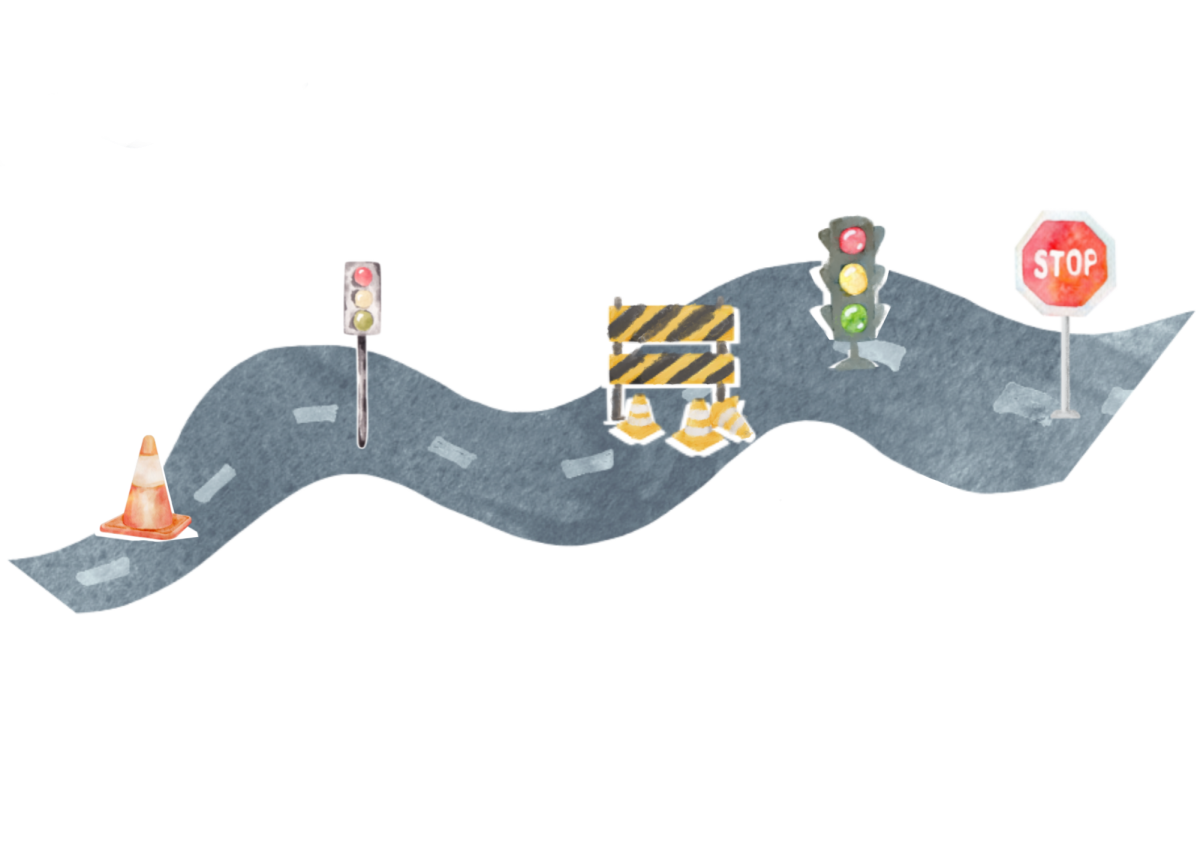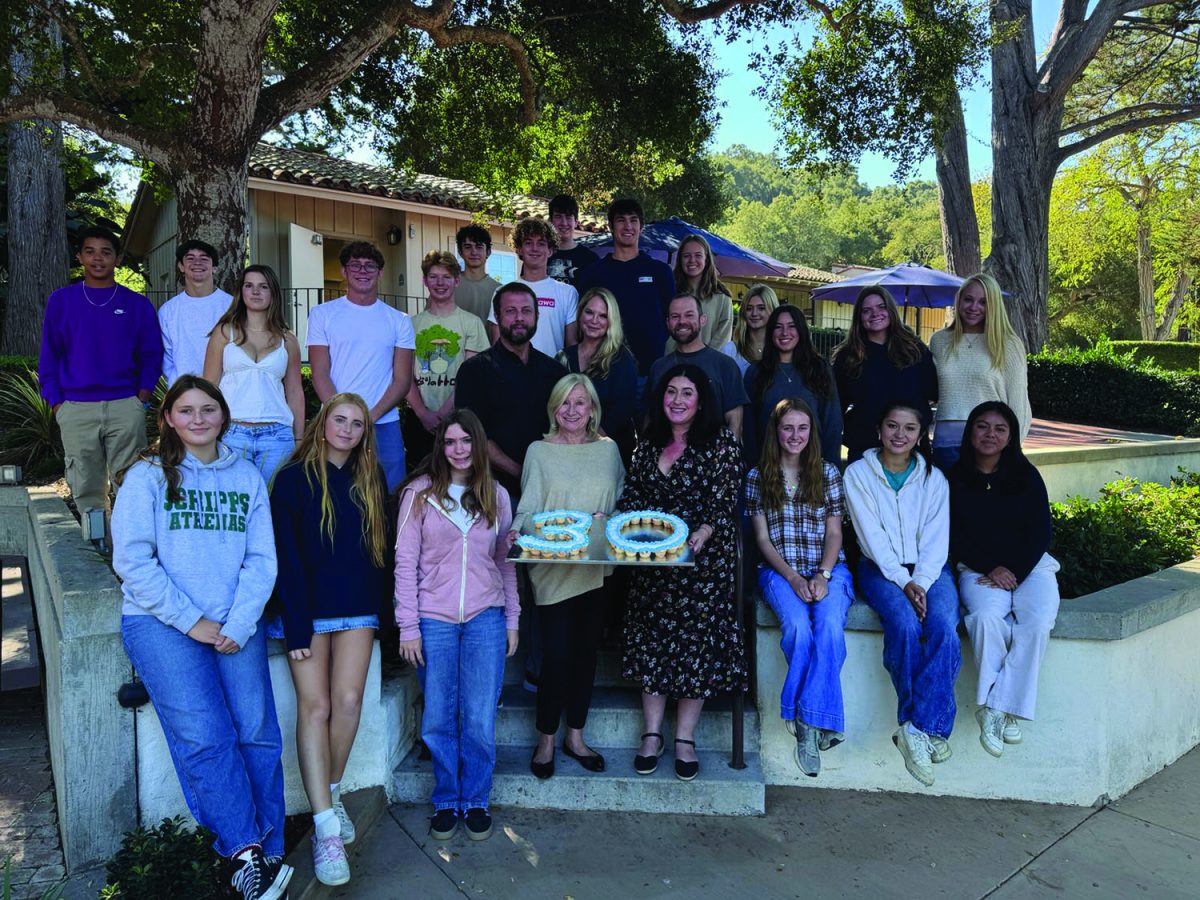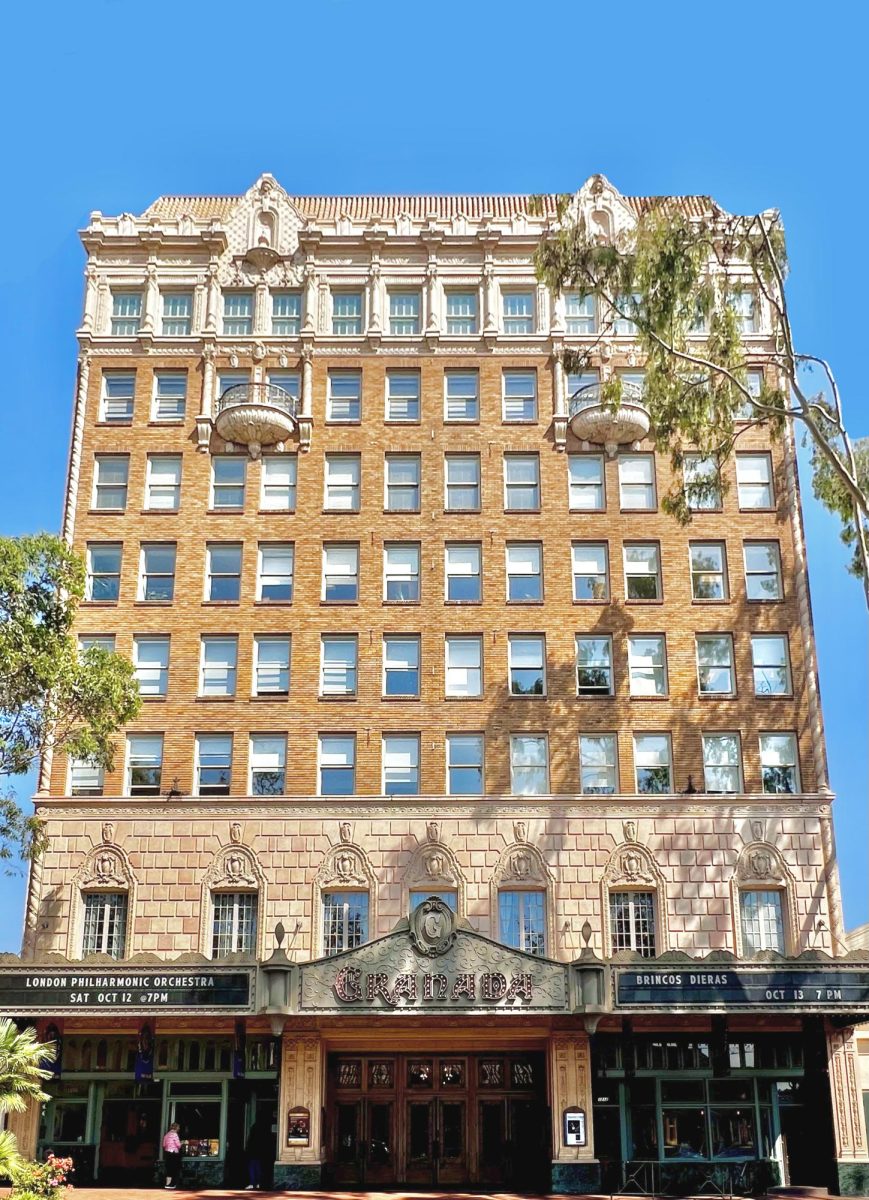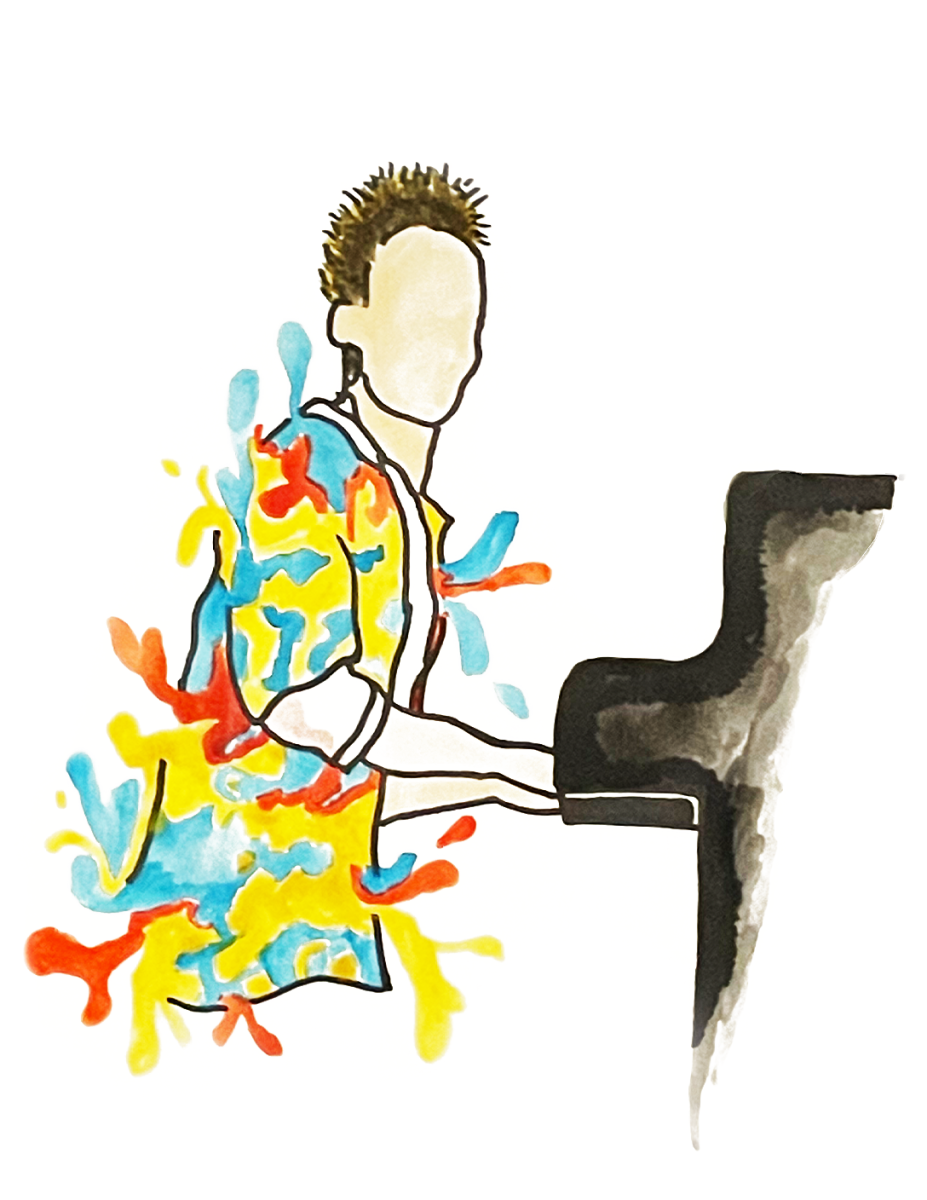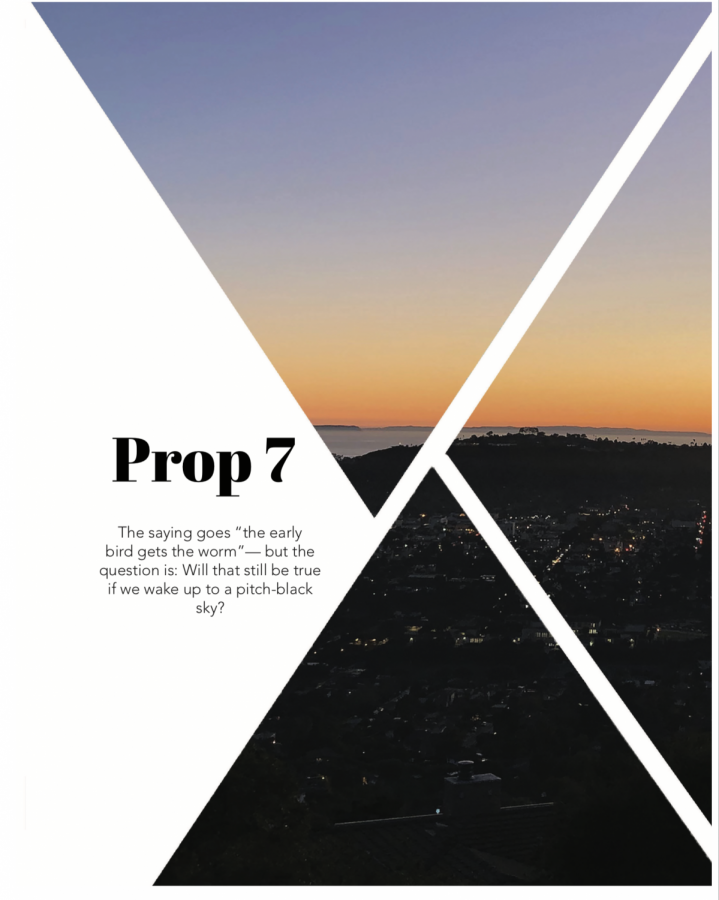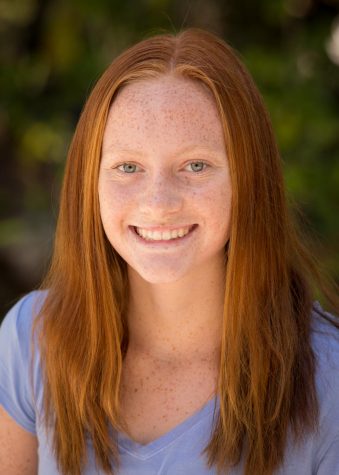Prop 7
March 5, 2019
During an election taking place in the last months of 2018, those living in California voted either for or against a carefully put together list of propositions.
One concerned apartment rental control, one the cap-and-trade program and one pertained to daylight savings time.
“Part-year Daylight Savings Time was started during World War II in order to save energy. California voters approved it in 1949 and for that reason, the voters would have to vote to authorize the legislature to change it to year-round,” according to the League of Women Voters of California.
Currently, we use Day Savings Time in the summer and change our clocks in order to keep it lighter and brighter throughout the afternoon
As winter arrives, we use Standard Time in order for us to wake up to the sun shining.
The decision to be made within Proposition 7 was whether or not to have our State Assembly vote on keeping California’s current Daylight Savings Time throughout the year.
This change would involve having one time continuing throughout the whole year.
According to the Voter Guide, the U.S. experimented with this concept in 1974 following an energy crisis, under the leadership of President Nixon.
The decision was made to switch to Daylight Savings Time all year. But, only 10 months later, Americans argued against the change because of the inconvenience of dark skies in the morning.
According to the Voter Guide, “University medical studies in 2012 found that the risk of heart attacks increase by 10 percent in the two days following a time change.”
Supporters of Prop 7 state that time changes disrupt young children’s sleep patterns and increase our country’s use of electricity.
“I voted to have the California State Assembly vote on whether or not to keep Daylight Savings. I hope they vote to get rid of it,” senior Sully Israel said.
Seventh grade English instructor Drew Zailik said, “The whole purpose of it was to give us more time in the afternoon to enjoy the sunlight.”
Freshman George Nicks said, “There should be just one time throughout the year because the sun is in a different position than it normally is and the glare affects drivers… people die every year because of it.”
Those not in support of Prop 7 argue that we would have kids walking to school in the dark, which is a serious safety hazard.
Another argument comes from the people who exercise in the morning. They would have to do so in the dark, making it a challenge to maintain their motivation
Instructional Integration Coordina- tor Nissa Hales said, “I exercise after work instead of before work, but I think those people who exercise in the morning may have a much more challenging time of it because it’s going to be dark later.
“If you’re trying to stay motivated with a workout routine, then you’re not going to want to get out of bed some mornings when it’s cold and dark.”
Altering the time change would create a difference between California and its neighbours, putting us in sync with Mountain Time during parts of the year, and with Nevada, Oregon, Washington and Mexico during the remaining parts of the year.
“I don’t think the time changes should be messed with. I don’t live in Santa Barbara, I commute every day and so I’m really impacted by the amount of light that there is in a day. I like how it is because the time is based on the seasons that we have. If we were to make that change, we would experience a different pattern of daylight and night that would not work with our daily schedules, “ Hales said.
Times changes have an effect on people’s emotions.
“I am personally impacted when we go back to Standard Time. I’m definitely happier, more active, [and] we have more daylight. Also, if this were to happen kids would be walking to school in the dark,” Hales said.
Overall, it is a choice. A choice between safety, the saving of energy, health and simply our preference. Voting on local propositions matters and allows all of our voices to be heard.
“It’s really important that we all vote so that we all have a say in our republican form of democracy. That’s how our democracy works, if we all contribute our voice,” Hales said.
Prop 7 passed, by a total of 59.76 percent, allowing a repeal of an earlier proposition establishing Daylight Savings Times.
Prop 7 now moves to the state Legislature who can vote to change Daylight Savings Time if the change is allowed by the federal government.




